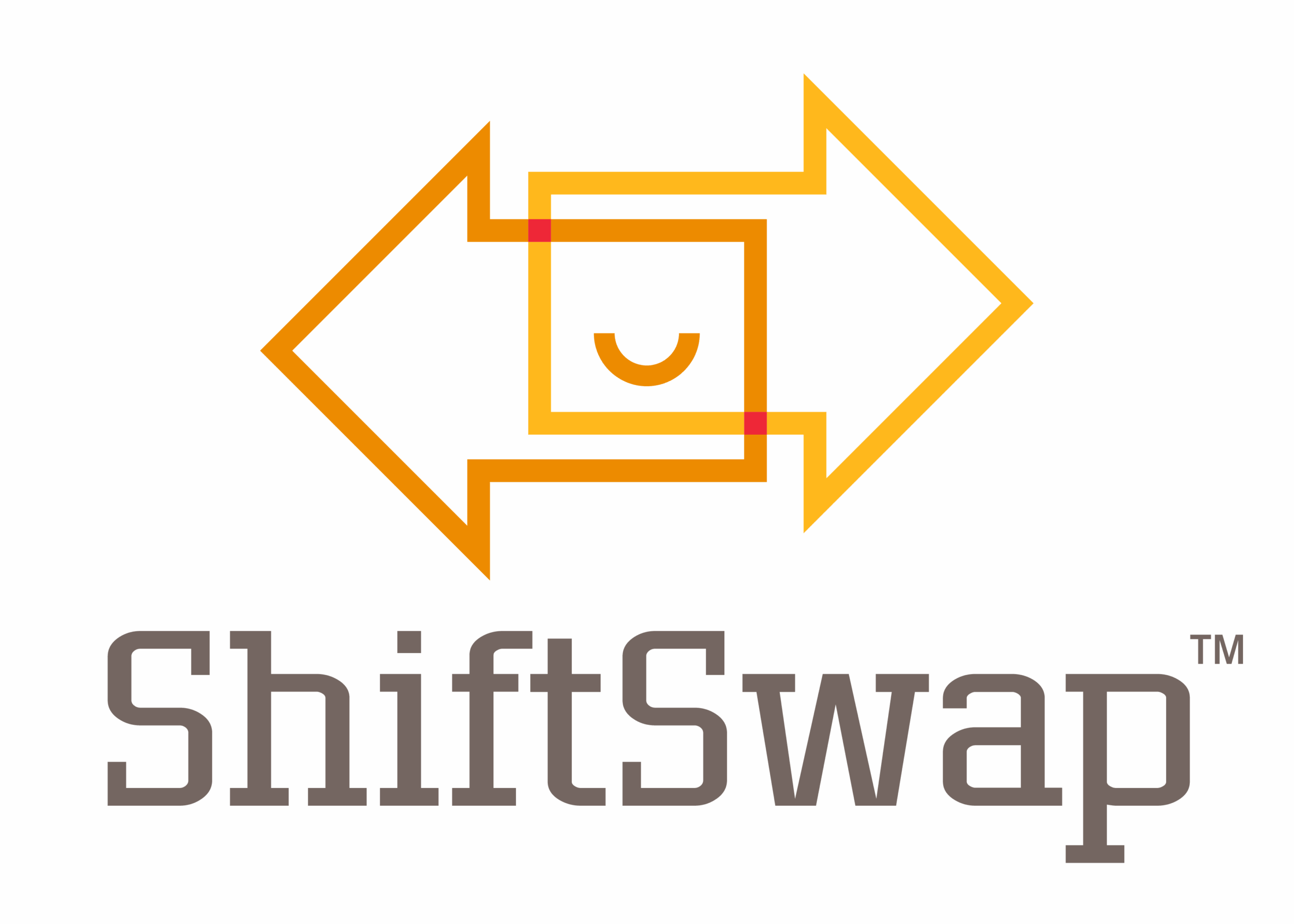Why Businesses Should Not Ignore Soft Skills
As generative AI, automation, and new technologies reshape the workplace, many companies are under the impression that success hinges on improving technical expertise. It’s easy to think that mastering advanced tools or niche skills is the key to career advancement and operational stability.
However, recent research contradicts that notion. A study published in the Harvard Business Review by Moh Hosseinioun, Frank Neffke, Hyejin Youn, and Letian (LT) Zhang, titled “Soft Skills Matter Now More Than Ever, According to New Research,” highlights that foundational skills like adaptability, problem-solving, and communication might actually be more crucial for long-term success than technical specialization.
The study examined U.S. data covering over 1,000 occupations and 70 million job transitions from 2005 to 2019. The results are striking: individuals who excel in basic, soft skills in the workplace not only earn higher salaries but also progress more swiftly and adapt to industry changes more effectively.
For leaders, HR professionals, and operational managers, this research reinforces what many have already sensed: success in a growing digital workforce relies on cultivating adaptable teams, rather than simply filling positions with technical specialists.
The Short Shelf Life of Technical Skills
While technical skills may get your foot in the door, it’s the soft skills that truly determine how high you can rise in your career. Employees who possess strong foundational skills, like reading comprehension, problem-solving, and teamwork, tend to learn more quickly and adapt better to change.
Moreover, specialized skills are becoming outdated at an accelerating pace. Research by David Deming estimates that the half-life of technical skills has plummeted from 10 years in the 1980s to less than 4 years today. In the near future, technical speciality expertise could lose relevance in under 2 years.
In the supply chain industries where multiple teams, departments, and shifts intersect, soft skills are the glue that holds operations together. Supervisors who possess empathy, strong communication skills, and adaptability are more likely to retain their staff and minimize turnover, even during periods of high demand.
The volatility of operations highlight why soft skills in the workplace are indispensable. Workers with strong communication, problem-solving, and versatility can relearn quickly, pivot to new roles, and provide lasting value even when specific technical skills become obsolete.
Social Skills: The Essential Bond for Teams
Among all soft skills in the workplace, social and communication skills stand out as the most critical for long-term performance. Deming also reveals that jobs requiring high levels of social interaction have surged since 1980, while roles focused on low interaction and heavy math have seen a decline. Wages reflect this trend as well; positions that combine cognitive and social skills tend to offer the highest pay.
Modern management practices reflect this shift. Employers increasingly prioritize collaboration, coaching, and influence over traditional top-down supervision. For industries that operate around the clock and rely on shift-based workforces, foundational skills are particularly essential. Here are a few examples:
- Warehousing: Being adaptable and having strong problem-solving skills are key to ensuring operations run smoothly, especially when demand suddenly spikes. A warehouse associate who can think on their feet and work well with others helps prevent costly delays.
- Transportation: Effective communication is essential for coordinating shipments across various locations. Employees with strong interpersonal skills can help avoid mistakes and keep customers happy.
- Manufacturing: Teamwork and the ability to resolve conflicts are crucial for maintaining efficient production lines, particularly when machines break down or orders increase unexpectedly. Supervisors who lead with empathy can help maintain high morale, even in stressful situations.
To summarize, technical skills may get work done, but soft skills in the workplace keep organizations connected, aligned, and succeeding.
Why Leaders and HR Should Reexamine Hiring Assessments
The impact on leaders and HR is significant. If soft skills in the workplace determine adaptability, growth, and resilience, then screening for them should be a central part of the hiring process.
Instead of asking only about technical competence, companies should also consider candidates’ communication styles, adaptability, and problem-solving methods. Using behavioral interview questions, gathering peer feedback, and conducting scenario-based assessments can reveal how well candidates collaborate and handle uncertainty.
In the grand scheme of operational efficiency, adaptable hires tend to provide more value than those who are highly specialized but struggle to keep up with changing markets or technologies.
Developing and Rewarding Soft Skills
Developing soft skills in the workplace among current employees is just as important as hiring. Foundational skills, such as critical thinking, empathy, and communication, are often more challenging to develop later in life. Still, there can be reinforcement through effective leadership and a positive, strong company culture.
Managers should exemplify and reward behaviors such as collaboration and team learning. Structured tools, such as peer feedback, mentorship, and retrospectives, can emphasize the importance of these skills and encourage continuous improvement.
When companies invest in strengthening soft skills, they not only uplift individuals but also strengthen their overall expertise. Teams that excel in communication and flexibility can navigate disruptions more effectively and recover from challenges more swiftly.
Real-World Application
Industries such as logistics, warehousing, and manufacturing effectively demonstrate the importance of soft skills in the workplace. Supervisors in these areas often find themselves managing last-minute call-offs, high turnover rates, and unpredictable schedules.
Enter ShiftSwap™, a web-based platform designed to empower leaders in the hourly workforce. By eliminating tedious administrative tasks such as manual shift management and tracking call-offs, ShiftSwap™ enables managers to redirect their energy toward leadership and growing their operation. The result is a workforce that enjoys higher morale, better retention, and improved flexibility to changing demands.
The Future Excels with Soft Skills
In an uncertain labor market and economy, where technical expertise can become outdated in just a few years, soft skills in the workplace are the enduring differentiator.
For leaders, HR professionals, and operational managers, the takeaway is straightforward: prioritize hiring for foundational strengths, nurture soft skills, and empower supervisors to lead rather than just manage. Tools like ShiftSwap™ make this achievable by relieving leaders of administrative burdens, allowing them to concentrate on people, culture, and long-term success.
The latest tech gadget won’t shape the workplace of the future. Instead, it will hinge on how effectively teams communicate, collaborate, and adapt.
Start Planning for Success
Schedule a demo with ShiftSwap™ today and learn how to streamline your workforce management.

